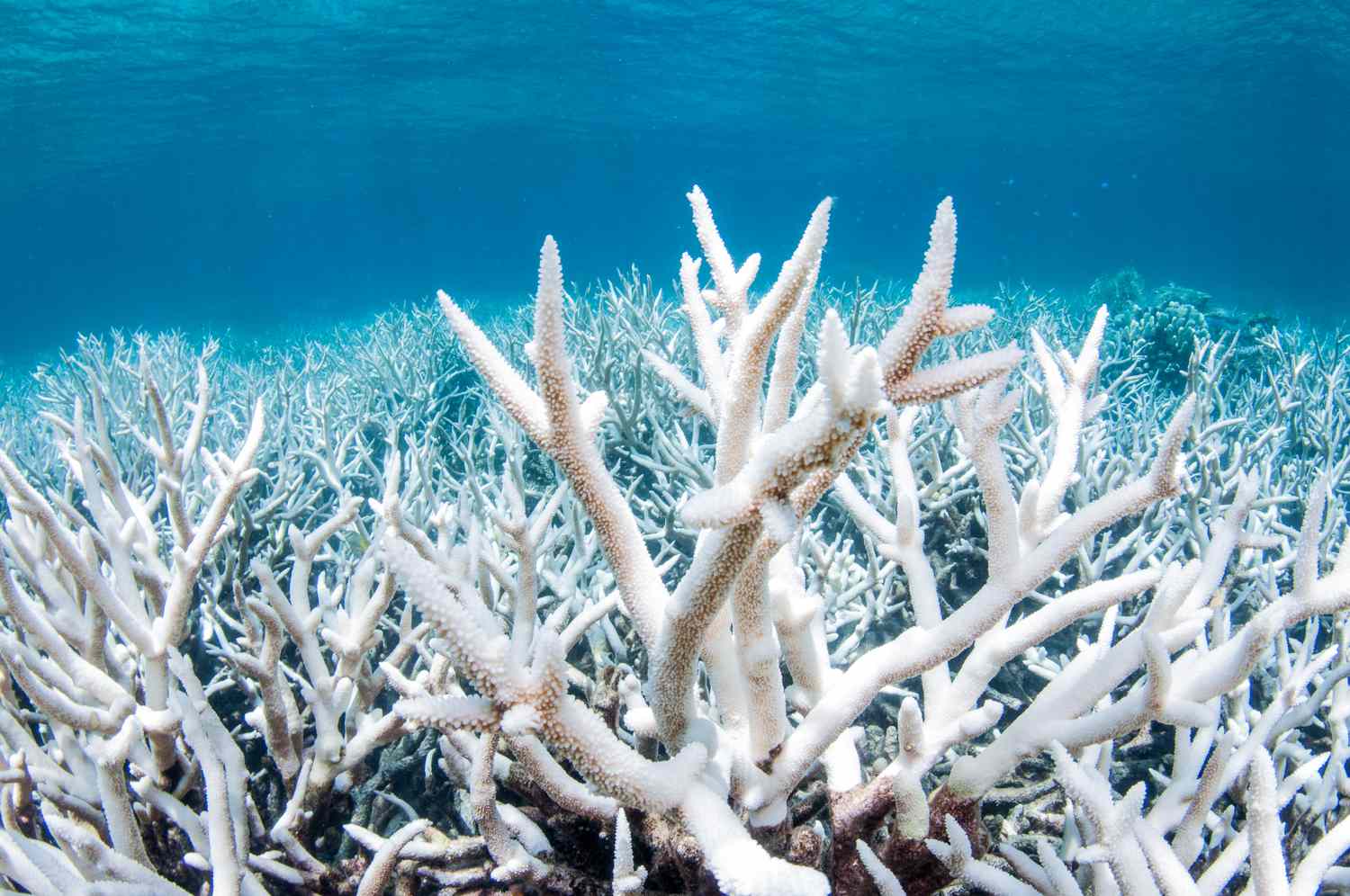
Unsetting figures have been uncovered by scientists through recent aerial surveys: Approximately 730 over 1000 reefs have experienced extreme bleaching affecting the entire area for the first time in history.
The Great Barrier Reef is suffering from one of the most extreme coral bleaching event in 10 years according to the US National Oceanic and Atmospheric Administration (NOAA).
A startling 73% of the reefs assessed had been damaged according to the Agence France-Presse (AFP) making this the largest bleaching event on record.
In a statement issued by the Marine Park authority, a federally funded organization overseeing the reef, issued a statement expressing concern about the summer’s cumulative effects, which are more than those of prior years.
According to the government statistics, upto 46% of reefs have experienced record heat stress. This is a notable increase over the 20% of reefs thar were exposed in 2016.
Experts have called for immediate actions to stop coral bleaching including a reduction in global emissions and local restoration initiatives.
The Great Barrier Reef Foundation’s managing director, Anna Marsden, lamented the reef’s ‘worst summer on record’ and issued a dire warning; if action is not taken quickly, irreparable harm may result.
In Lizard Island, one of the worst hit areas, where Marine biologist Anne Hoggett saw conditions akin to “watery graveyard” with almost 80% of the susceptible ‘Acropora corals’ bleached. The capacity of these corals to recover from severe damage raises concerns.
Despite having investing billions on conservation efforts, Australia remains one of the world’s top exporters of coal and gas, which highlights the difficulty in highlighting a balance between environmental protection and economic growth.
UNESCO will examine the country’s efforts to achieve carbon neutrality and conservation measures, later this year when determining the reef’s World Heritage status.
Read more :- https://thelocaljournalist.com/desert-city-of-dubai-witness-record-rainfall-in-75-years/
